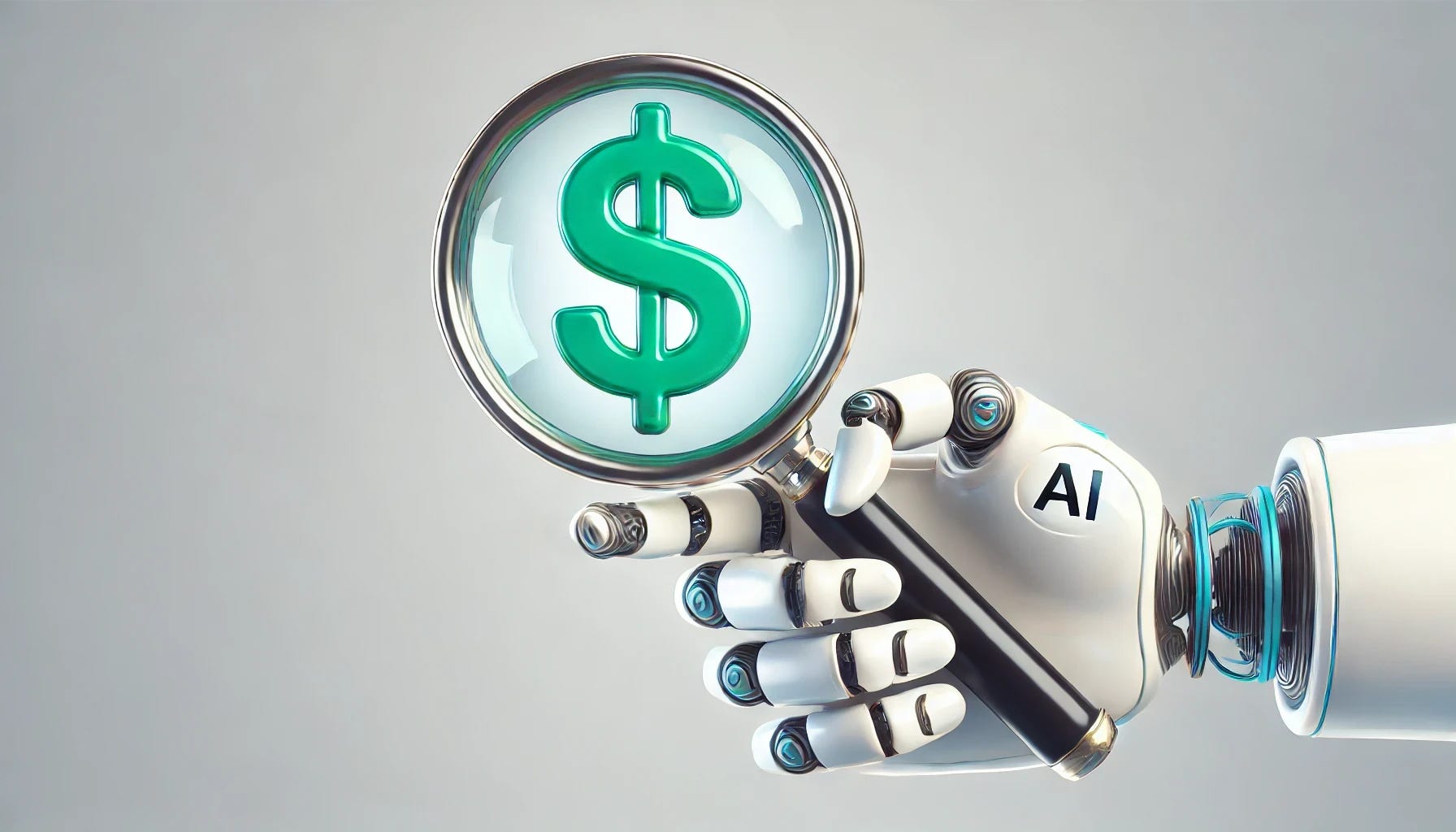
This post originally appeared in The Media Copilot newsletter. Subscribe here.
How people will search the web with AI — and how content creators will get paid — looks a lot clearer today.
That’s because of two notable developments. First, OpenAI teased its long-in-the-works search product, SearchGPT. Labeled a “prototype” and only available to a select few testers (I, along with a few million friends, am on the waitlist), SearchGPT pairs a search engine with the power of AI to summarize answers — even about current events — not just serve up a list of links.
If that sounds a lot like what Perplexity does, you’re right. The company behind the so-called “answer engine” has some news of its own that might be even more influential in defining how AI search works going forward: the official unveiling of the Perplexity Publishers’ Program, which opens the door for advertising revenue on the service and establishes a system where Perplexity will share that revenue with publishers and content creators. The publishers also get free access to both Perplexity Pro as well as Perplexity’s APIs so they can create AI search bots for their own sites.
Taken together, the two announcements confirm AI-powered search is a market that’s highly competitive — not just for dollars but also for headlines contemplating who’s going to be the “next Google.” (It’s also doubtful the near-simultaneous timing of the announcements is a mere coincidence). And since they’re coming from two of the biggest players in AI, they point toward a new economy emerging around AI search, one that includes a key party: publishers of original, human-authored content.
Perplexity’s Partnership Play
Perplexity’s announcement comes just a few weeks after both Forbes and Wired publicly criticized the company for not attributing its answers properly as well as the quality of those answers. In the resulting firestorm, Perplexity revealed the existence of the partnership program. Now we have details, including confirmation that the fuel of the new AI search economy will be — wait for it — advertising. The key to the new program is revenue sharing: If a publisher’s content is used in any particular answer, it will get a cut of any ad revenue generated by that answer.
Initial partners include TIME, Der Spiegel, The Texas Tribune, and a few others. Automattic is also a launch partner, which is notable since it extends the option to share revenue to smaller publishers with WordPress.com domains (a small subset of sites that use WordPress, the blogging software that powers half the web). In an interview that The Media Copilot will publish later this week, Perplexity Chief Business Officer Dmitry Shevelenko told me Perplexity plans to scale the program and ultimately to make it “self-serve” for publishers.
The scalability of Perplexity’s approach is where it diverges from OpenAI’s. OpenAI has been signing deals with publishers left and right for months, but they’re all with major media companies, including News Corp, TIME, Dotdash Meredith, Axel Springer, Reuters, and several others. If you’re not of a certain size, you’re not on the radar. For smaller publishers, that doesn’t leave many options outside of blocking your content from crawlers, sue, or both.
There are, however, a handful of startups trying to create ways for smaller pubs to get paid by creating marketplaces where they can “sell” their content to AI engines. TollBit, for example, creates what amounts to a paywall for web scrapers — if they want to crawl your content, they have to pay up. Dappier, which recently announced $2 million in seed funding, is another solution.
Now Perplexity has entered the chat. It’s unclear if the partnership program would be compatible with toll-based payment solutions, and there’s a good chance that — in whatever economy emerges out of all this — publishers will need to implement both. With licensing revenue from the creators of foundational models, ad partnerships with AI search engines like Perplexity, and toll revenue from other AI scrapers, balance sheets at media companies might get pretty complicated in a few years.
Let’s be clear: That’s a good problem. Given that the media industry has been cratering over the past year due to referral traffic drying up and a lousy ad market, a picture of new future revenue is welcome — even a hazy and undeveloped one.
Cracks in Google’s Magnifying Glass?
One player that’s been strangely absent from the new economy around AI search is Google. Of course, Google is pushing hard into its own AI-powered search feature, AI Overviews, but so far it has given no indication that it ever intends to create or participate in a new way to compensate publishers or content creators. The company has, in fact, shown open hostility to solutions that would require Google to pay for what appears in search results (to be fair, many of the proposed solutions involve the long arm of the law acting as an enforcement mechanism).
Given that Google has built a multi-trillion dollar company on being able to freely crawl the web to power search engines, you can see why it’s not in a hurry to upset that status quo. But that obstinacy here may be shortsighted. From its perch on top of the search market, Google may not see clearly that Perplexity, OpenAI, and others are beginning to define how the AI search economy will work. And they’re doing it by actually involving publishers rather than simply expecting them to surrender to a new reality.
Let’s not get deluded: The hill to climb to become the next Google is high — perhaps insurmountable. What seems to be clearer by the day, though, is whoever wins the future of search will need a system that doesn’t just provide the best answers, but also the means to encourage more high-quality information. And right now the energy around that idea is in companies that don’t start with G.

